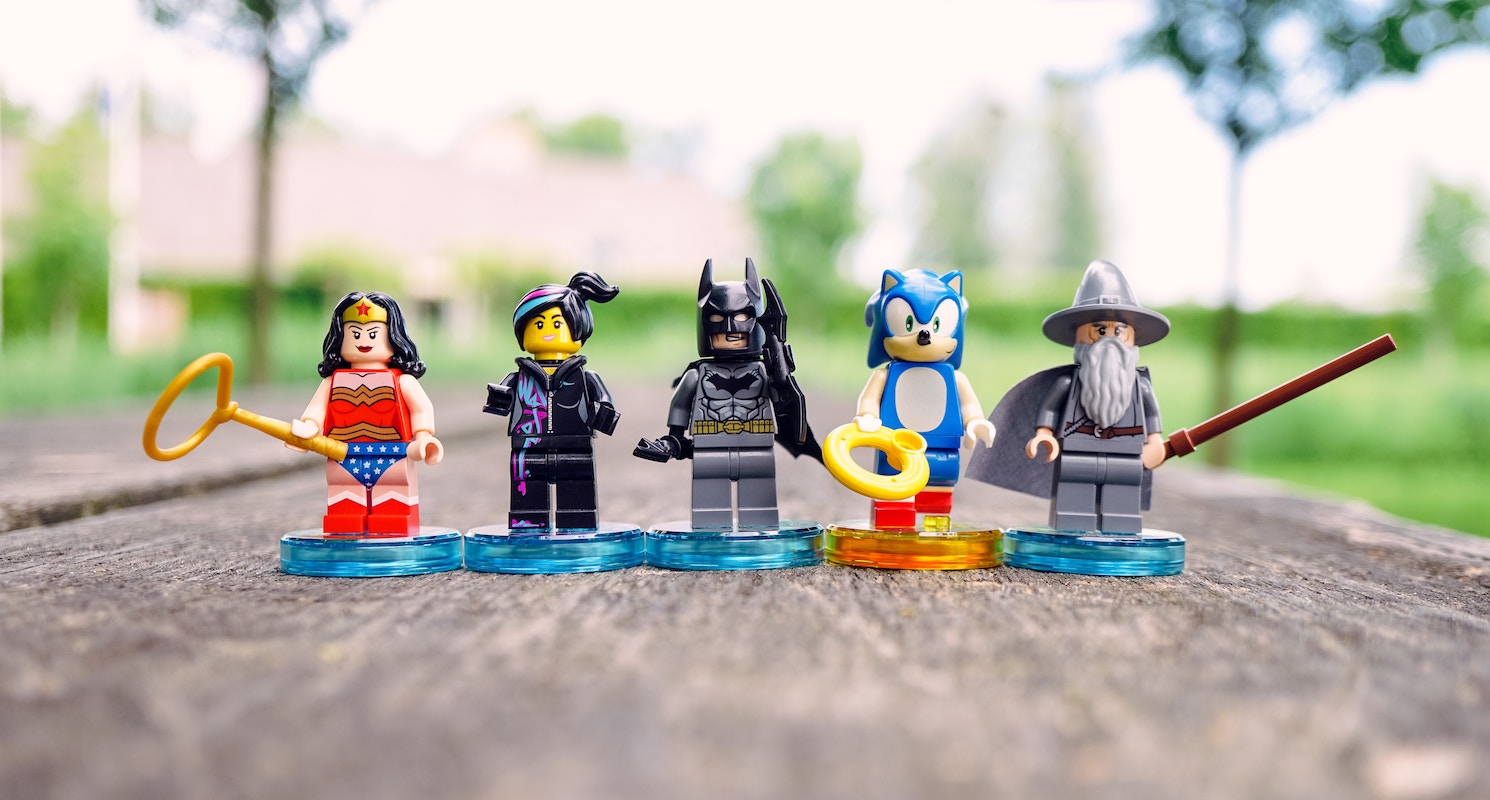Within the next 5 minutes, I'll give you my biased perspective on what to look for in a design and tech team.
Why should you even listen to me? I am probably trying to praise our excellent team, and we are of course meeting all criteria at ease. Well, failing projects are not only a risk for your company or career but for us as well. So we have a common interest here. Furthermore, I am always looking out for my karma, and if my checklist helps you to be successful with another great design & tech team, I am satisfied. We cannot take anyone on board anyway, sorry folks.
1 - Listen to your gut!
Well actually to your brain, which acts as a large predictive machine according to the latest neuroscience studies (which can be found here in case you are interested).
Even if the team you are speaking with is competent, has an excellent track record of successful projects and was also recommended by your best friend: If you have a bad gut feeling, you should walk away.

Most successful IT projects are running for several years after the first implementation. Thus you need a partner you like and trust.
2 - How long has the team worked together?
Even if you hire the largest IT-consultancy you can find, in the end, it comes down to one specific team working for you on one topic. Therefore you should evaluate the quality of the team you are hiring or each team per topic.
One natural question to ask is how long the specific team has worked together. In my experience at least 2/3 of the team should have closely worked together for at least six months, the longer, the better.
Naturally, depending on the size of your project it can make sense to hire a larger company with several teams under one management. But be aware that these companies are often putting teams together which have never worked with each other and you are paying for it.
3 - Do they ask "dumb" questions?

You are an industry expert, and you want to solve a problem in your field of expertise digitally. There are probably hundreds of acronyms in your world, and it might be new terrain for an external team.
So if there a no "dumb" questions asked, for example in a first workshop or web meeting you have together, it should make you suspicious. You could be lucky, and the team has already worked in your field, maybe for a competitor, or they are just not brave enough to ask "dumb" questions. To make any IT project successful, the responsible team has to understand your problem and motivation to solve it. Otherwise, you'll not get what you need.
From my experience, this is often a cultural problem in specific regions or countries. An easy rule in that case: if you get a lot of nodding and no questions, you should first try to motivate to ask those.
4 - Is functionality proposed you never asked for?
Believe it or not, we are mostly consulting our clients against too much functionality, at least for the first versions. The focus should be to solve a business problem with minimal effort but in an expandable way.
If you have the feeling that you are being talked into unneeded features, it should be a warning signal.
5 - How do they break down and estimate work?
At some point, maybe after an initial web meeting or workshop, you'll be interested in the price tag or estimation of effort.
Especially if you hire someone on a time&material base, it should become transparent how your requirements have been broken down in work items and how the team has estimated the expected effort.
It always amazes me that some companies can get away with a proposal containing four items, one of them is usually project management, for an 800h project.
6 - Look out for tidiness!
This is maybe a bit controversial, but if you are receiving sloppy emails or walk into their office and it is rather messy, the deliverables will probably be as well. Even if the references are looking nice and clean, the chances are that the design files and underlying code aren't.

7 - Can you (virtually) look over their shoulder?
I am a big believer in transparency. You are paying, so you should have access to all project management tools, time bookings, and communication.
If you have to ask for it, it is probably not in their company culture. This must not be a bad sign, but if you don't get access when you ask for it, it probably is.
Many thanks for your interest. I am aware that you'll probably need to do a bit more than the above 7 points to find a fitting design & tech team. But maybe it will help you a bit for your next project.
If you would like to talk to me directly via web meeting, I am happy to do that. Just check my availability and schedule a meeting here: https://calendly.com/marcus-franzen
Picture credits
Lego heroes by Zhen Huon Unsplash
Clean desk with mac by Owen Vachellon Unsplash
Giraffe by by Melanie Dretvicon Unsplash
Dog by Camylla Battanion Unsplash

